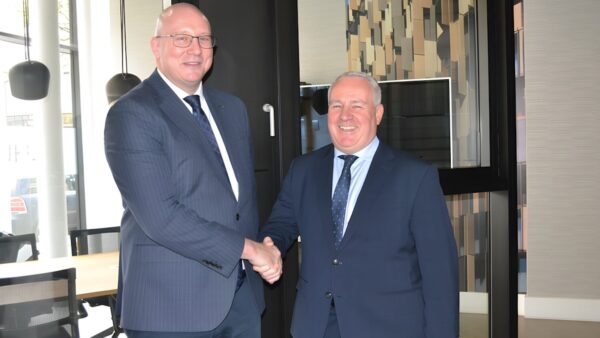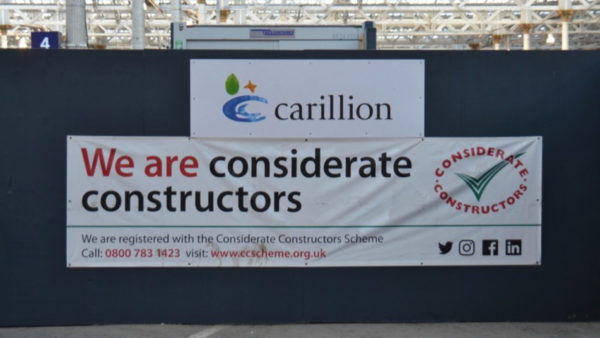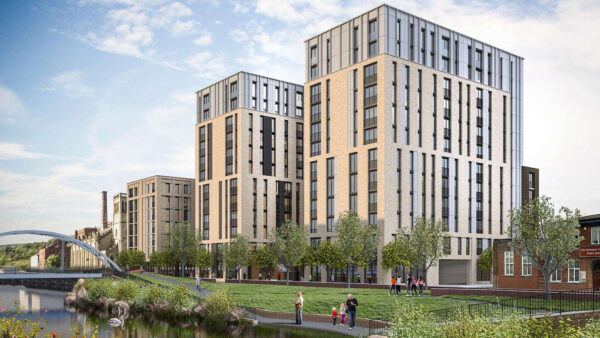Contractors could be better at understanding what information to gather from their clients, and when to ask it, writes customer feedback specialist Sarah Mather

Sarah Mather
We live in uncertain times. Recent political upheaval has led individuals and businesses alike to shift into ‘uncertainty mode’, causing organisations to put projects on hold, shelve plans for new developments and look more carefully at how they’re spending their money.
In this environment, retaining relationships with your existing clients is critical. We’ve all heard the old adage that it costs around five times more to acquire a new customer than it does to retain an existing one. Not only does it cost more, but in the current climate opportunities to tender and create new relationships are thinner on the ground.
It has never been more important to stay close to your clients. Successful relationships are founded on trust and respect. Listening to what your customer has to say about their experience of interacting with your business, then taking the required actions to change and improve, is a profound demonstration of your respect for them and a demonstration of their value to your company.
It’s a golden opportunity for your company to improve the customer’s experience and strengthen your relationship with them.
‘They never put me first’
Some of you may read this thinking that you already know exactly what your clients feel about the experience of working with you, but this is not necessarily the case.
One recent main contractor interviewee expressed huge misgivings about the ‘commerciality’ of the subcontractor. Despite a good working relationship, the interviewee never felt able to deliver this crucial information to the subcontractor – which didn’t go down well with the client. “They never put me first,” was the client’s opinion.
The construction industry is gradually moving away from the contractual, adversarial approach that used to be prevalent in the sector. As your contractor clients become more customer-focussed, it’s important to bring your own approach in line with theirs. Contractors look for supply chain partners who share their values and will faithfully represent these when working on their sites.
This is about the quality of the client experience on a current project but it’s also about the future of your relationship with that customer. Showing that you can listen, take on board the negative as well as the positive, and use that insight to change your business for the better, will help you retain clients and put your company’s name at the top of the ‘preferred suppliers’ list.
If you’re going to engage with your clients, it’s important to do it in the right way; with sincerity. ‘Box-ticking’ exercises are pointless. Most importantly, there must be a sincere willingness to accept negative feedback, because that is where the ‘gold dust’ lies; the insights that can drive real business improvement.
It’s important to think carefully about the right times to gather information that will benefit your company the most, by selecting the most suitable points in the project journey to do so. There is little point in only asking for feedback when the project is over, when there is no opportunity to improve the experience for the customer.
‘The contractor was hiding information’
Understanding when things have gone wrong and having the time to change before the client is an ‘ex-client’ is crucial. One interviewee told her main contractor that she felt that not only was her project a ‘low priority’, but that she suspected that the contractor was hiding information from her team. Knowing this early on in the process enabled the contractor to address these issues rapidly and work together with the client towards a successful project conclusion.
Choose your methodology carefully. Simple self-scoring systems, particularly without a narrative explaining ‘why’, can be confusing and difficult to interpret correctly. It’s important to understand why your customer has given your business a satisfaction score of seven out of ten, and what needs to be done to improve that score.
Where feedback is drawn from interviews carried out by your own people, the temptation is to remind the respondent of all the positives or to put forward their own side of the story. The best information can be gleaned by independent interviewers, highly skilled in extracting useful nuggets of information. These can ultimately help change your business to better meet the needs of your clients.
Ask an independent interviewer to spend an hour with one of your most highly valued clients, one-to-one. The output will, very likely, surprise you.
Sarah Mather is the managing director of Building Understanding, which carries out customer interviews for major construction companies, including Willmott Dixon.











Comments are closed.